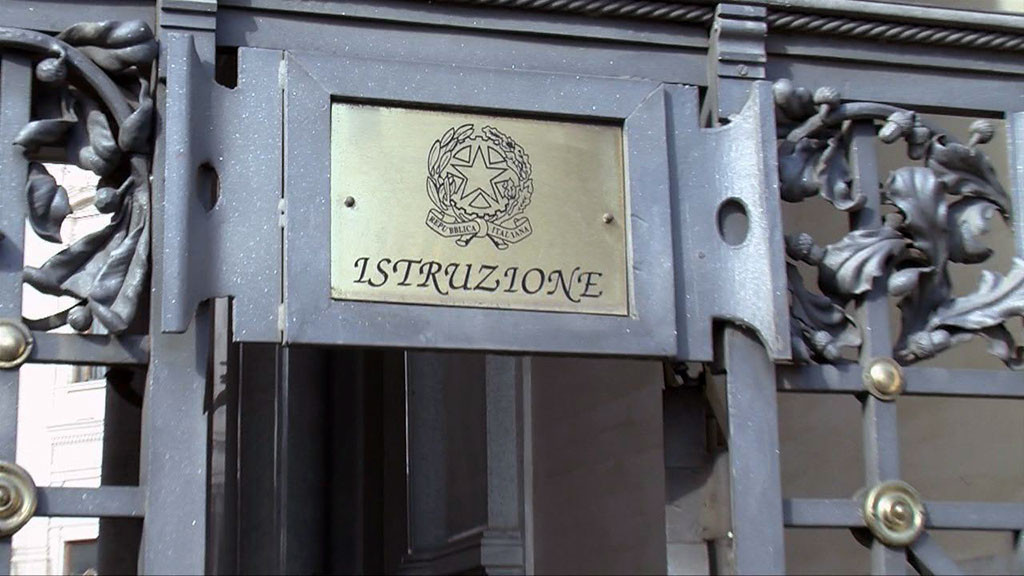You want to enroll in an Italian Language course? Read these tips.

A language course is useful to learn and improve the language, but it is a fundamental tool to get in touch with local culture and understand people as well.
If you have just arrived in Italy, you will probably have your own ideas about Italy and Italian culture. In fact, the first things many people think about Italy is pasta, pizza, Chianti wine, tomatoes and olive oil.
Others know Italy for being the native land of Giotto, Raffaello, Michelangelo, Leonardo da Vinci and other important famous artists of the past.
Some other people know Italy for being a country with beautiful landscapes, villages, Roman relics, Mediaeval towns and a great historical and artistic heritage. Some others consider Italy for being the land of “mafia” and “Mafiosi”, because this is the way Italy has been described in the world for years.
These are some of the most popular common places about Italy and Italian culture. So what’s the real Italy? And how can you get the real essence of the country without falling into the cultural trap of common places?
 First of all, you have to know that Italy is a multifaceted country, as many other places in the world, but it has an ancient and complex history as well. The best way to learn the Italian language and its culture is to spend some months in Italy and attend Italian courses for foreigners, including lessons of culture as well. In this way you can overcome most of the common myths about Italian culture and enjoy Italian the language.
First of all, you have to know that Italy is a multifaceted country, as many other places in the world, but it has an ancient and complex history as well. The best way to learn the Italian language and its culture is to spend some months in Italy and attend Italian courses for foreigners, including lessons of culture as well. In this way you can overcome most of the common myths about Italian culture and enjoy Italian the language.
If you are a beginner, you have to learn the main sounds and the most important grammar rules. You can start listening to the first level lessons on YouTube to understand pronunciation and consulting an Italian grammar book for foreigners to learn grammar rules. After that, you should attend an Italian language school for foreigners near your working place or your home, but check some important aspects before enrolling!
The first thing you should verify is the staff of teachers. They must be mother tongue, qualified and experienced. It they have qualifications and experience, you will be sure that you can learn the Italian language in the right way.
 Another important thing to consider is understanding the type of qualification they have, because certifications are not all the same. You should verify that the school is officially recognized by the Italian Education Ministry (MIUR in Italian). One of official qualifications is DITALS, that means Examination of the University for Foreigners of Siena, that you can find in many other Italian cities as well. To verify this information, it is enough you visit the school website.
Another important thing to consider is understanding the type of qualification they have, because certifications are not all the same. You should verify that the school is officially recognized by the Italian Education Ministry (MIUR in Italian). One of official qualifications is DITALS, that means Examination of the University for Foreigners of Siena, that you can find in many other Italian cities as well. To verify this information, it is enough you visit the school website.
Ask yourself: does the school organize classes in many different languages or is it specialized in the Italian courses? The second answer is the best, because a school that completely focuses on one language is probably more experienced and qualified.
The last (but not least) thing you should check before enrolling at an Italian course is reading the complete offer of the school, because Italian courses must be just a part of the complete offer. The school staff should plan special courses about Italian culture (for instance art, history, music, etc), guided tours, Italian architecture visits, cultural events, excursions to the city’s parks, evenings out at restaurants and “pizzerie”, cooking classes, photography sessions and inter-linguistic exchange. If the institute respects these standard, you can choose it!
Italian Dating & Chat for Italian Singles

Virtually meet thousands of like-minded Italian singles and connect at lightning speed; on desktop, tablet, and your beloved phone. Chat into the wee hours of the night if you’d like. Post photos, share your interests and dreams-we’ll help you look your best while you do it.Here we make it easy to meet Italian singles and feel things out first so when you do go on that first date, or meet for espresso, you can relax and be yourself. Try it now!





